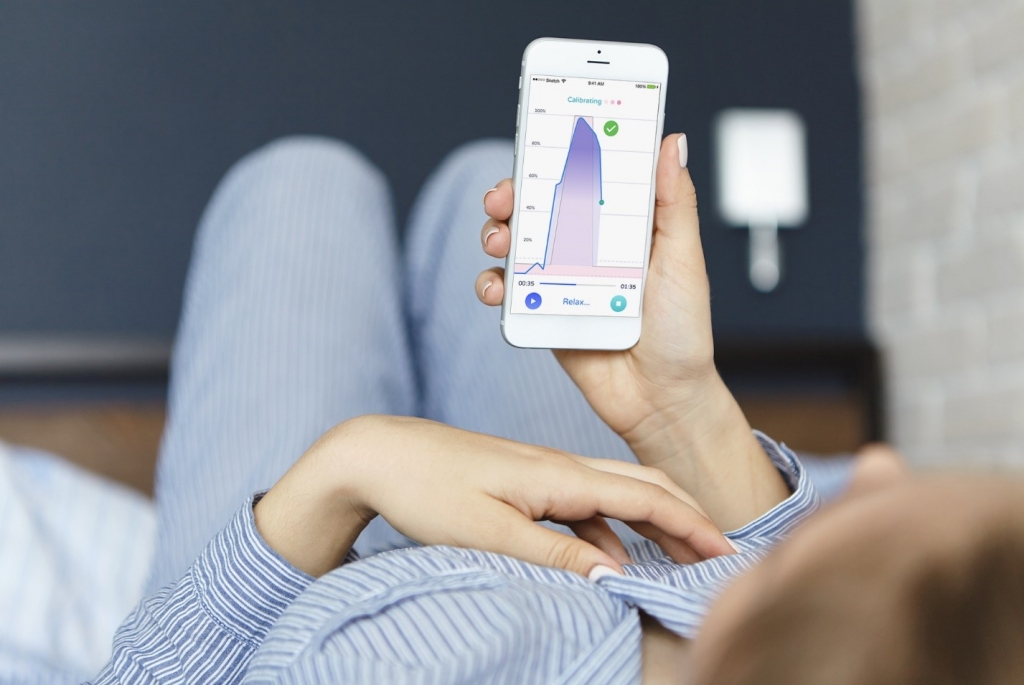
5 Popular Pelvic Health Myths
You May Believe As Fact
I’ll never forget the day that someone told me that my period would stop in the water. It was just before a big pool party and Aunt Flo had unceremoniously arrived for a visit. I was 13 and not ready for tampons. But, I trusted my experienced friend and went to the pool party sans pad in my cute striped swimsuit.
I left early.
Myths surrounding the care of women’s bodies are nothing new. Early US advertisements from the 1930s promote the use of Lysol as a feminine disinfectant and reportedly, a secret contraceptive.
Present day, there are still many claims regarding pelvic health that are completely inaccurate and at worse, can be dangerous to your health. With the arrival social media, these claims are only disseminated more quickly with the advent of celebrity influencers touting the most recent health trend.
Working my way through the murky waters of pseudo pelvic health science – I uncovered 5 common pelvic health myths to explain and debunk.
1. You have a small or “weak” bladder.

While bladders can vary in size, most bladders can hold 1-2 cups of liquid at a time. The reason you may feel you run to the toilet more could be from a variety of reasons. You drank a bladder irritant (such as diet soda or coffee) which sends a loud signal to the brain to immediately eliminate it. Or, you could be urinating before your bladder is full. This is what we call the brain-bladder connection – the bladder sends a signal to the brain that it’s just starting to fill up, and, some will go on that signal, instead of waiting. Think about when you sometimes “forget” you had to go the bathroom cause the urge went away.
2. Kegel All the Time
It’s crucial to rest your pelvic floor in between Kegel contractions as well as during any daily activities. A good rule of thumb is to have the same amount of rest as work – think 5 second squeeze then 5 second relax – the goal is to work up to a 10 second hold. Pelvic health professionals recommend doing up to 30 minutes of pelvic exercises aka ‘Kegels’ a day in only 10-minute increments. Constantly activating your pelvic floor could lead to what is called a hypertonic (over active) pelvic floor which can lead to pelvic pain, painful sex and difficulty urinating. So, be sure to relax and breathe, girl. Also, check out our blog on how many times you should Kegel!
3. Kegel When You Use the Loo
If you’re a first time Kegeler, stopping the flow of urine can help you learn how it feels to activate the pelvic floor muscles. But do not make it a regular habit as this can lead to bladder issues like a urinary tract infection.
4. Having a Child Ruins Your Love Life
The pelvic floor is a muscle group and while it stretches to help a baby come out – it can regain elasticity post-partum. Kegel exercises are the key to helping regain strength and improve both leaking and pleasure. And yes, sex is still fantastic after having a baby. If you’re experiencing pain, talk to your healthcare provider.
5. Kegel Exercises Don’t Work

Sure – Kegels don’t work…if you don’t do them correctly. Statistics vary but around 50% of women do not correctly perform Kegels with written instructions. However, there is ample scientific research that when Kegels ARE performed accurately, they can help alleviate bladder leaks, improve sex and orgasms, and better your quality of life. So, ahem, try PeriCoach so you can activate and exercise your pelvic floor efficiently and effectively. Learn more at https://www.pericoach.com/.
While we just listed 5 myths, they are so many more floating around in the internet (don’t even get me started on vaginal steaming). When researching a health condition, it’s important to see if there’s evidence-based science behind any claim and as always, talk to your healthcare provider before trying anything out of the ordinary.
For those of you still wondering, your period does not stop in water – total myth. It’s true that when you’re swimming, the pressure of the water may keep your flow at bay but the minute you step out of that pool, Aunt Flo will be saying “hey girl” to all your schoolmates – trust me.
Sources:
https://www.webmd.com/women/video/video-menopause-effects
https://www.romper.com/p/4-myths-about-vaginal-tightness-after-baby-you-should-ignore-60528
https://www.continence.org.au/pages/common-myths-about-your-pelvic-floor.html
https://www.seventeen.com/health/sex-health/a30094/period-myths/
https://thesocietypages.org/socimages/2013/09/27/the-secret-of-vintage-lysol-douche-ads/


